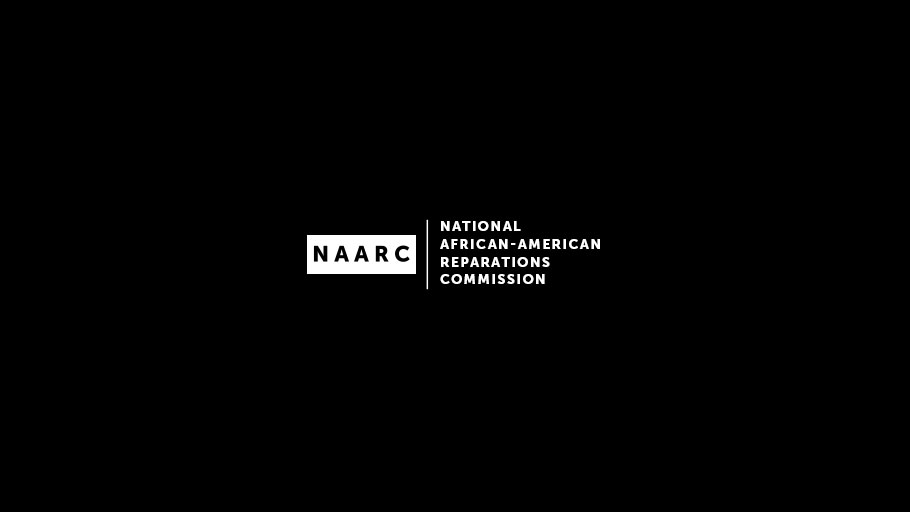The National African American Reparations Commission (NAARC), an authoritative voice for the U.S. and global reparations movements commended the U.N. Human Rights Council on its landmark report released this week.
Dr. Ron Daniels, Convener of NAARC believes the report will bolster the growing reparations movement at a historical moment of reckoning on issues related to the holocaust of enslavement and the ongoing harms inflicted on people of African descent by structural/institutional racism.
In assessing the value of the report, Dr. Daniels said: “The U.N. Human Rights Council’s report is highly credible in terms of impacting public opinion. Reparations advocates will be able to cite the report’s findings and recommendations as we advance the struggle for reparatory justice.”
Michelle Bachelet, former President of Chile and the author of the report told the Human Rights Council in Geneva that research “could not find a single example of a state that has comprehensively reckoned with its past or accounted for its impacts on the lives of people of African descent today,” despite some attempts at seeking out the truth through apologies, litigation, and memorialization.
She recommended that countries “create, reinforce and fully fund comprehensive processes –- with the full participation of affected communities — to share the truth about what was done, and the harms it continues to inflict.” The report said racism was the biggest problem in countries associated with the former trade of many millions of Africans into slavery. It urges member countries to “fully fund comprehensive processes” and take “a wide range of reparations measures” to address the legacies of slavery, colonial rule, and racial discrimination.
The report was launched after the killing of George Floyd in the United States and released last week. A year in the making, it hopes to build on momentum around the intensified scrutiny worldwide of the blight of racism and its impact on people of African descent.
Kamm Howard, National Co-Chairperson of the National Coalition of Blacks for Reparations in America (N’COBRA) and a NAARC Commissioner expressed confidence that the report will build on the momentum for reparations to become a reality in the U.S. He said: “The report reinforces the push for Congress or the President to pass or enact HR 40, the Commission to Study and Develop Reparations Proposals for African Americans Act. HR 40’s Commission has as its mandate to develop reparations remedies ‘that include full reparations and special measures,’ which is echoed here with the recommendations in this latest UN report.”
Dr. Iva Carruthers, General Secretary of the Samuel DeWitt Proctor Conference, who is also a NAARC Commissioner stressed the impact of the report on the global reparations movement. She noted that “the report evidences the global nature of the reparations movement and the important role U.S. organizations representing civil society can play. Connecting the dots with principles for Pan-African unity, an agenda and collective demands for reparatory justice can only strengthen our ongoing efforts for reparations while addressing current violations of human rights experienced by African people the world over.” In this regard, it is important to note that the report represents an important step toward advancing the goals and objectives of the U.N. Decade for People of African Descent.
Because of its significance, NAARC plans to circulate the report widely to political leaders at the federal, state and local level in the U.S. as well as leaders and organizations supporting the passage of HR-40 and reparatory justice initiatives at the state and local level. It will also be incorporated into IBW’s Reparations Resource Center and the NAARC website for ready access to interested parties from around the world.















